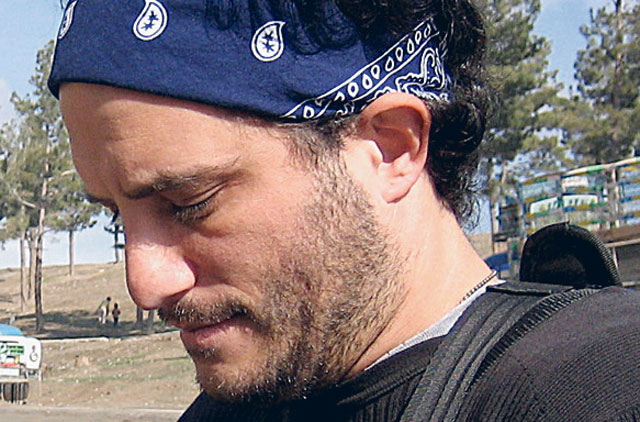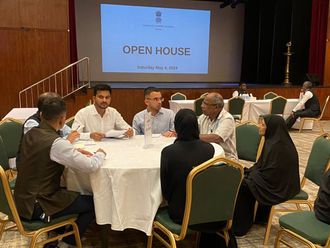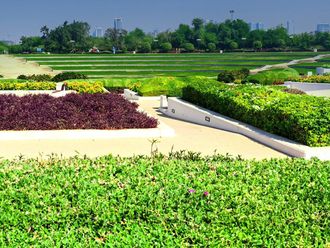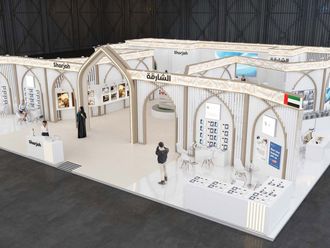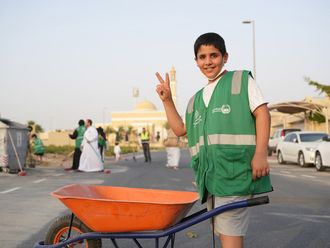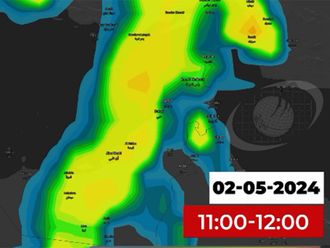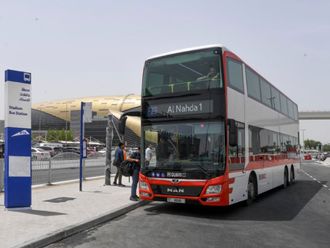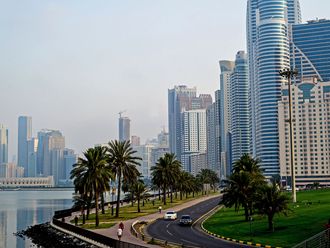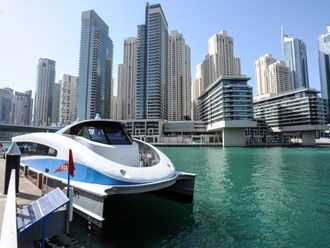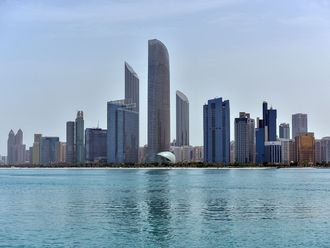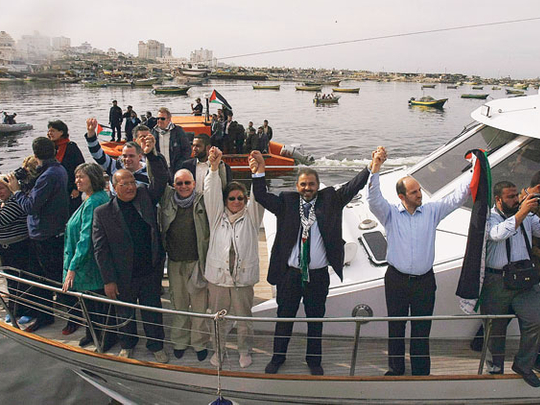
Dubai: The Gulf region has long been a source of funds for humanitarian causes around the world. Activists and fundraisers have flocked to the region to seek cash from sympathetic philanthropists.
The Free Gaza Movement however broke that stereotype last year when it took five Bahrainis on one of its ships to break Israel's naval blockade of the strip. The Bahrainis were eventually detained by Israel's occupation forces and kept in an Ashdod prison for three nights before Bahraini diplomats paid a taboo-breaking trip to Israel to fetch their citizens.
One of the movement's representatives is now back in the region in an attempt to expand the Gulf's involvement in the programme with funds, manpower and assistance.
"We hope to be able to take a delegation of Gulf Cooperation Council [GCC] parliamentarians with us," said Adam Shapiro of the Free Gaza Movement. "It is unlikely that Israel would detain Gulf parliamentarians."
While Shapiro has raised $35,000 of the $100,000 the movement needs in just ten days in the UAE, no Emiratis have so far volunteered to accompany the movement on their next trip to Gaza in mid-May.
"It has been difficult for people in the region to support the Palestinians as anything but a humanitarian issue. The problem is, Palestine is not just a humanitarian issue," he said.
Interest continues to be expressed from activists in Bahrain and there are hints of interest from Kuwait, he added.
The flotilla to Gaza will consist of up to eight ships carrying more than 400 activists, politicians and celebrities from Europe and North America as well as journalists from major global news organisations who will sail from Ireland, Greece and Turkey.
Shapiro says that the movement invites participation based on two criteria: the value of their citizenship in deterring Israel from blocking the flotilla, and the amount of hype that participants can create that could help the cause of Gaza and the Palestinians.
After the Bahraini incident, he said, the country's parliament passed a resolution forbidding normalisation with Israel. "I don't know if Israeli companies operate in Bahrain but that could perhaps be followed up with a [crack down] on business links with Israel," he said, adding that such a move could help isolate Israel under the Boycott, Divestment, Sanctions [BDS] program that aims to pressure Israel through non-violent campaigns.
The movement is also having UAE school children write letters to Gazan children that will be delivered by the activists. "This will connect kids from here to kids in Gaza, and highlight Gaza's isolation. People don't realise that Gaza has no postal service. Gazans haven't sent postal mail in decades," he said.
While much of the aid consists of everyday requirements for Gazans such as food and medicine, Shapiro stresses that the movement will also be taking aid that is essential for repairs of the strip's infrastructure that was destroyed by Israel.
"We are taking equipment that could provide permanent solutions for Gaza's infrastructure. The Israelis have bombed Gaza's water treatment facilities so we are taking equipment required for its repair. That is a more pressing need than food," he said.
He added, however, that it was important to break Gaza's reliance on Israel for its essential needs, like electricity, "which Israel has used to collectively punish Gazans". The movement therefore hopes to eventually be able to assist Gazans in implementing a solar energy system to become self sufficient.
"That, however, will require a total revamp of Gaza's electricity system," he said, adding that a tie up with entities that have experience in such fields could be necessary. "For example, it would be great if we could connect to Abu Dhabi's solar energy program at Masdar City," he said.
"Part of this project is also about pressuring the international community to [lift the blockade on Gaza]. It shouldn't be people like us [activists] doing this. It should be governments. Not one dollar of the more than $4 billion that was pledged for Gaza by the international community after the 2008-2009 war has gotten in," he said.
The movement is already picking up momentum in Europe, says Shapiro. "It has become mainstream in Ireland, where all the major papers are carrying the story, and the foreign ministry is showing support too. In Sweden, a campaign to buy a mile to Gaza has raised 100,000 euros."
He added that there is a slight shift in the US' position on the movement too. The US embassy in Nicosia, he said, asked that the movement have its American members sign a waiver to allow the embassy to release information about them to the media if they face any difficulties on the trip.
"During our last mission, [US Secretary of State,] Hillary Clinton was being briefed about the trip on a daily basis… there are subtle messages of support," said Shapiro.
The Free Gaza Movement is an international human rights organisation that has vowed to campaign against the Israeli blockade imposed on the Gaza Strip after the election of Hamas. The body was formed in 2006 by a coalition of pro-Palestinian human rights organisations and activists.
The activists have sailed ships from Greece and Cyprus to Gaza on several occasion. The group has more than 70 endorsers, including Desmond Tutu and Noam Chomsky.
Movement: Who are they?


